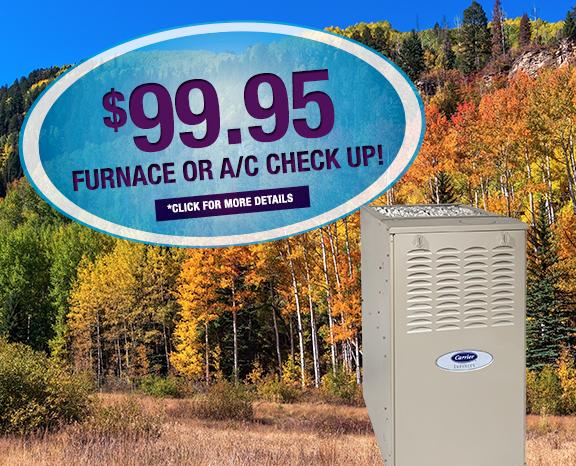Reduce Pet Allergies in Your Home with These 5 HVAC Tips
Living with pets can be a great pleasure but can also trigger pet allergies. You can reduce these allergies and maximize your comfort with an HVAC system. Here are some ways to reduce pet allergies with your HVAC system: 1. Change the Air Filters Regularly Air filters help capture pet dander, dust, and other allergens. Make sure to replace your air filter at least every three months to keep these particles from circulating in your home. When changing the filters, the professional should also inspect the HVAC system for any other signs of allergens, such as mold or dirt buildup. 2. Use a High-Efficiency Particulate Air (HEPA) Filter HEPA filters are designed to capture tiny particles, including pet dander. Using a HEPA filter in your HVAC system can vastly reduce the number of pet allergens in your home. These filters are different from the standard filters in that they have finer mesh, which catches more particles. 3. Use an Air Cleaner An air scrubber is a device that cleans the air as it passes through the HVAC system. They are designed to catch and trap pet allergens, so they can be removed from your home. Check with a professional to...
View Article Read More
